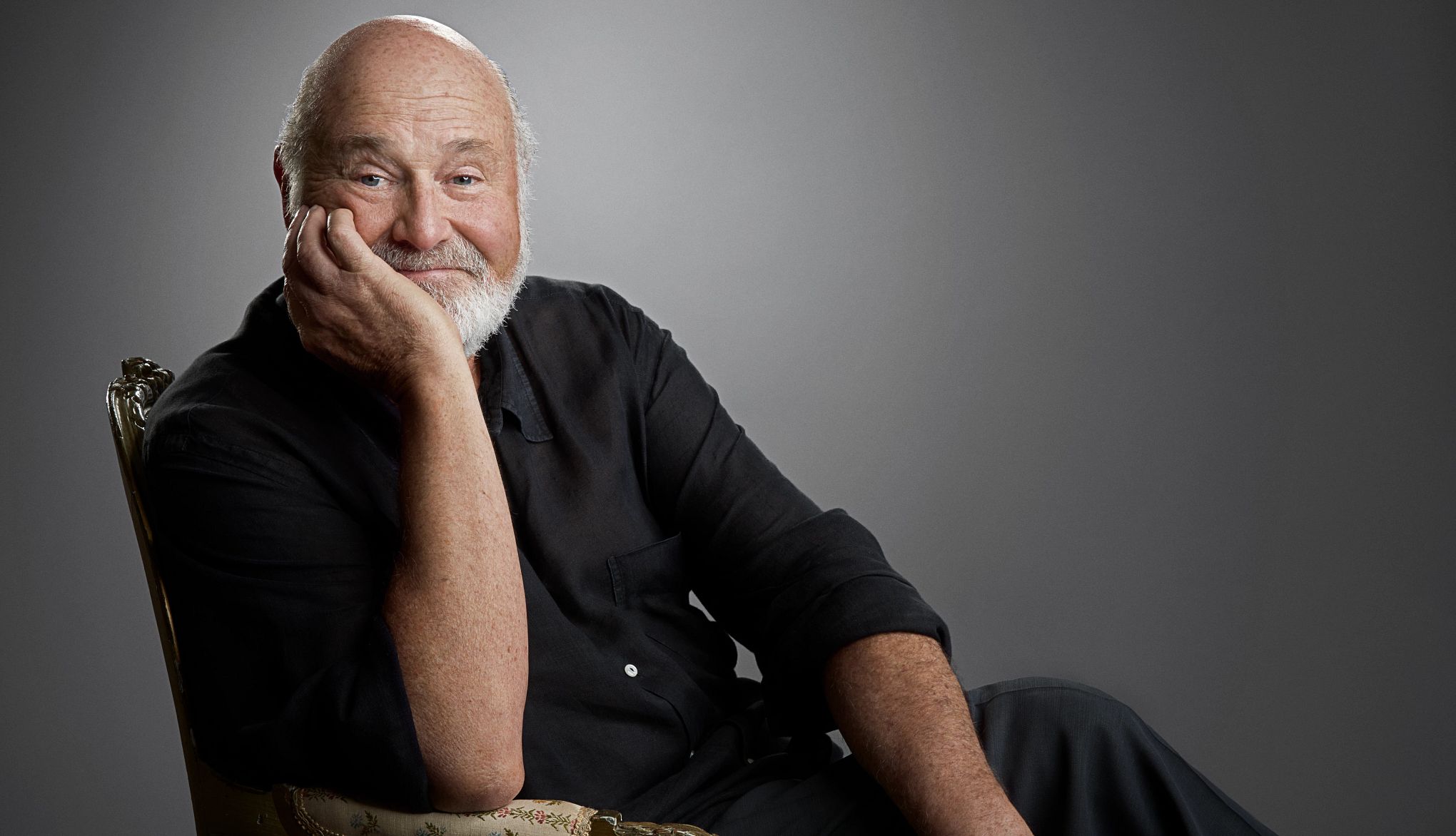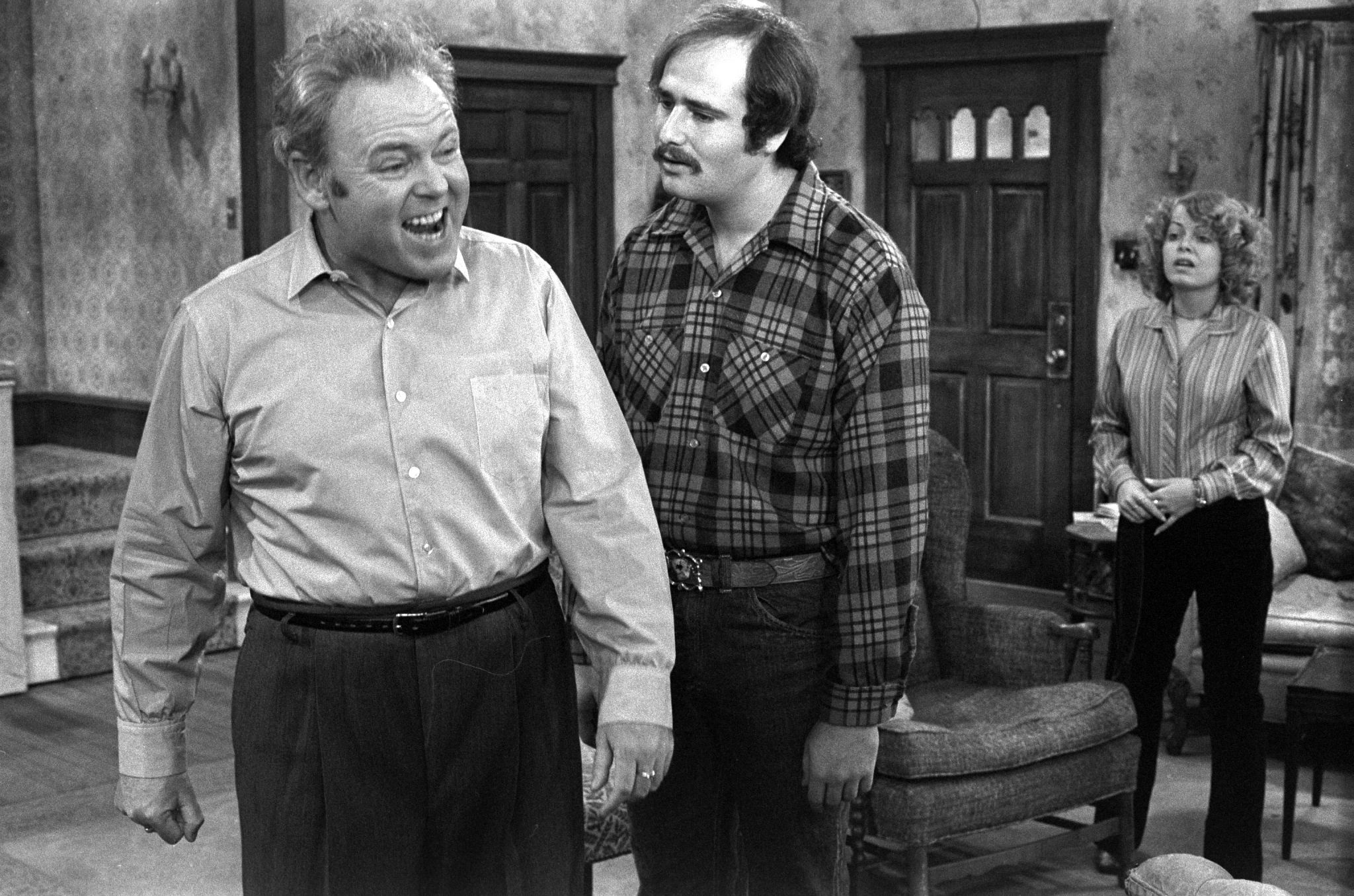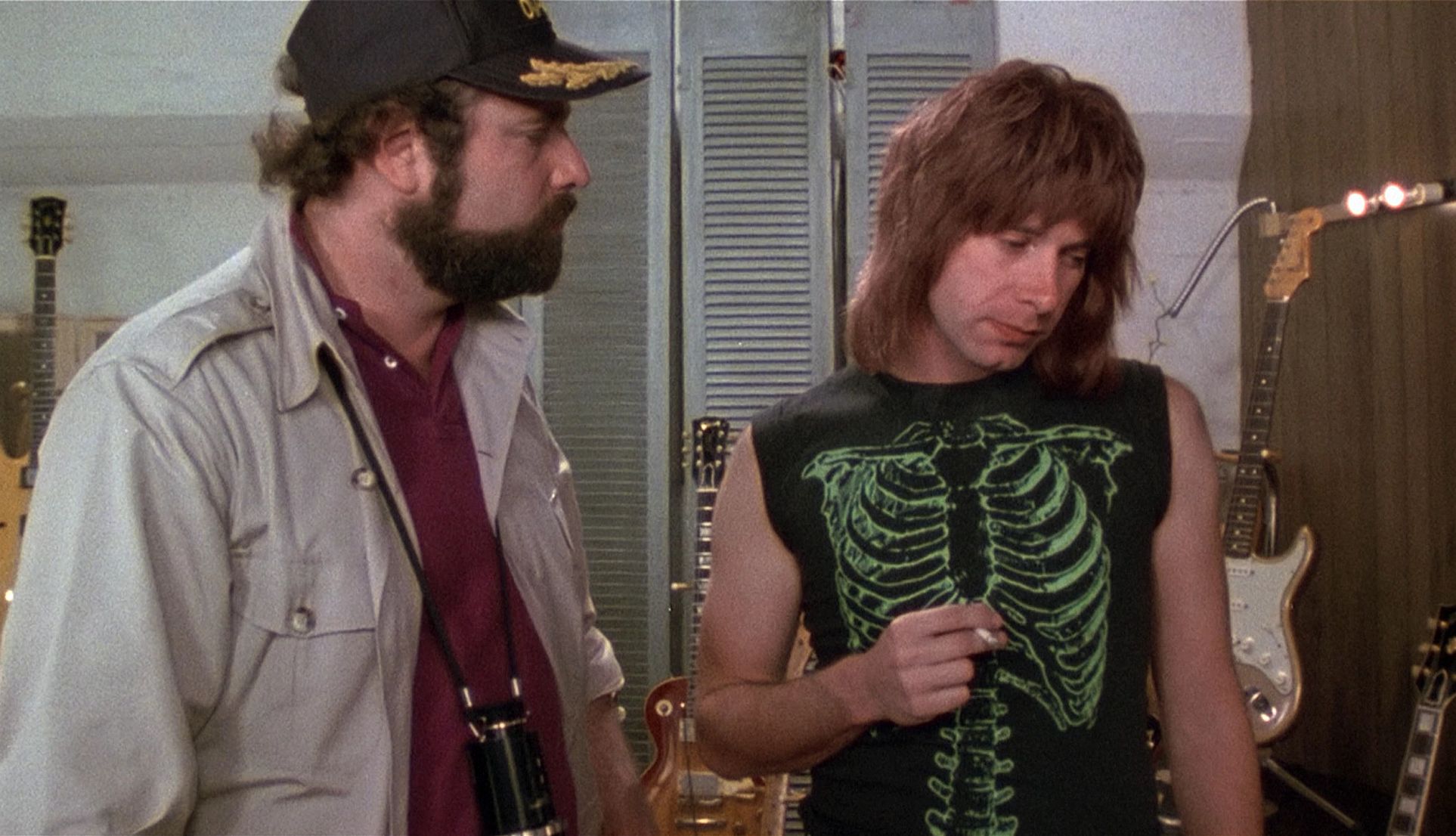AARP Hearing Center
“These go to 11.” “There’s a fine line between stupid and clever.” “Hello, Cleveland!” The 1984 movie This Is Spinal Tap is jammed with so many iconic one-liners, it’s as if its characters transcended the screen to walk among us in our daily lives. This Is Spinal Tap is credited with popularizing a movie genre: the mockumentary, a documentary of a made-up subject for the sake of laughs. Now 41 years old, the film has been called, by at least one magazine (Time Out), the best comedy of all time. Turns out, fans are still laughing.
The movie was rereleased this summer in over a thousand theaters countrywide in advance of the sequel, Spinal Tap II: The End Continues, which arrives in theaters this month. The band members — Nigel Tufnel (played by Christopher Guest), David St. Hubbins (Michael McKean), and Derek Smalls (Harry Shearer) — are all back, as is the film’s producer, director and costar, Rob Reiner (who plays the documentary filmmaker Marty Di Bergi).
Now 78, Reiner remains an entertainment-biz stalwart. He grew up the son of legendary actor and director Carl Reiner, who passed away in 2020. We first got to know the younger Reiner as Meathead in the TV sitcom in All in the Family; he later directed hit movies from When Harry Met Sally to Misery to Stand by Me. But This Is Spinal Tap remains among his most memorable. The making of that movie, and how Reiner has reached this moment in his life, is a story that’s just as good as any you’d see on the big screen.
This interview has been edited for length and clarity.


Your father was Carl Reiner, the creator of The Dick Van Dyke Show and director of hit comedy movies. Did you have a normal childhood?
I thought it was normal, because you don’t have anything to compare it to. Oddly enough, my father was on television before we had a television. We bought one in 1951 so we could see him on Saturday nights. It wasn’t until I went to my friends’ houses that I found it wasn’t as funny over there. Because, you know, Mel Brooks was around our house, and Norman Lear. Groucho Marx. The Monty Python people. Everybody that made people laugh came by the house.
Did your father pressure you to go into show business?
I think he was actually nervous about me getting into the same business because the guy had 12 Emmys and was an unbelievable success. Was it tough to live up to? I remember my parents told me a story that when I was a kid, I wanted to change my name. And they thought, Oh, poor kid. He’s worried about living in the shadow. They asked me what I wanted to change my name to. And I said “Carl”! Because I wanted to be just like my father.









































































You Might Also Like
25 Great Movies Starring Actors Over 60
These grownup stars shine with unforgettable performances
How Well Do You Know Your Films From the '80s?
See if you can match the iconic line with the movie that spawned it
Rhea Perlman Embraces the Grandma Role
Loves her grandkids bossing her around at home